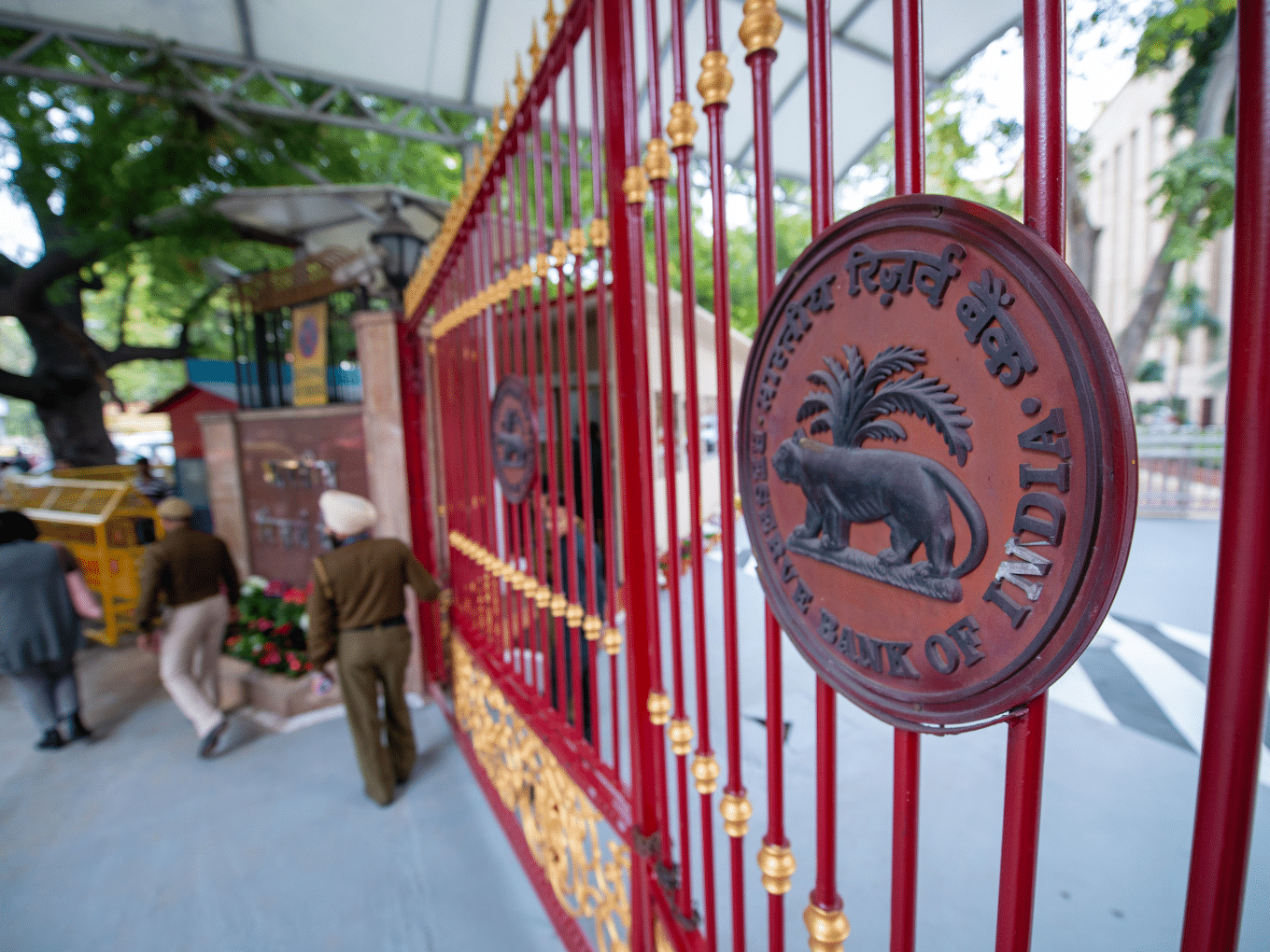Just a day after the Reserve Bank of India (RBI) tightened norms for banks and NBFCs investing in alternative investment funds (AIFs), the Indian Venture and Alternate Capital Association (IVCA) has initiated talks with the government to ease curbs following the move.
A person in the know told Inc42 that the VC body has knocked on the doors of the government and the central bank, and has apprised them of the situation.
As per a report in the Economic Times, SIDBI and multiple other AIFs have also sought ‘clarity or relief’ on the sudden directives issued by the RBI. A senior government official also told the publication that the finance ministry was examining concerns flagged by the industry players.
IVCA declined to comment on Inc42’s story on the matter.
On December 19, the central bank issued guidelines to all regulated entities, including banks and NBFCs, to stop making investments in any AIFs that have invested in a borrower or investee of that lender.
The RBI’s considerations were largely led by instances of misuse which saw non-bank financiers evergreening loans through the AIF route.
For the uninitiated, in the case of evergreen loans, regulated entities offer borrowers another loan via AIFs to pay back a previous loan under the belief that with a small investment these companies could bounce back. In many cases, banks and NBFCs also use this strategy to showcase a low percentage of non-performing assets (NPAs) on their books.
More recently, market regulator SEBI is said to have detected at least a dozen cases, spanning $1.8 Bn to $2.4 Bn of capital, where AIFs have been misused. It is this aspect that RBI wants to curb but the entire inverter ecosystem appears to have emerged as a collateral damage.
Speaking to Inc42, senior advisor at TVS Capital, Mani Krishna Iyer, termed the guidelines from RBI an impractical solution to a real problem.
“RBI’s attempt to solve the problem is very clear and understood but the way they have attempted it could lead to derailment of investments in AIFs. That was not necessary and it has impacted the entire industry now,” said Iyer.
Another senior executive at a VC firm said that the RBI should consider the new guidelines as the move could adversely impact development financial institutions such as NIIF and SIDBI that depend on banks and NBFCs for various projects and could create big exposure for the latter.
The person also said that banks already have a 10% exposure limit for investing in AIFs which could offset the cultivation of high NPAs.
Meanwhile, the move could likely impact the flow of domestic capital in the country. As per TVS Capital’s Iyer, banks contribute around 5%-10% of the total $100 Bn dry powder available in the ecosystem. He added that the new tightening of norms could deal a major blow to smaller venture funds, especially debt ones, that are largely dependent on commercial banks to fill their coffers and make investments in startups.
The VC executive quoted above said that the implantation of the policy could also raise monitoring issues at banks and even the fintech startups that have been largely impacted by the move.
Critics have also reportedly flagged the 30-day liquidation mandate imposed by the RBI for regulated entities making (or having already made) downstream investments in AIFs. Investors told Livemint that INR 20,000 to INR 40,000 Cr worth of assets under management (AUMs) would be impacted if banks and NBFCs have to unwind their investments in 30 days or make 100% provisioning.
The report further claimed that the move could topple the entire AIF structure and may completely freeze the flow of domestic capital into AIFs.
“RBI should completely exempt banking and financial institutions such as SIDBI, NABARD, Exim Bank from the move. The government should also consider setting up exposure norms for NBFCs so that they do not put more money on sponsor AIF,” added Iyer.
Another person familiar with the development opined that the new circular has dealt a major blow to the ecosystem as successive governments have made it unattractive for banks to invest in AIFs owing to heavy regulatory involvement.
The post Investor Body IVCA Urges Govt To Ease Curbs On Banks & NBFCs Investing In AIFs appeared first on Inc42 Media.


